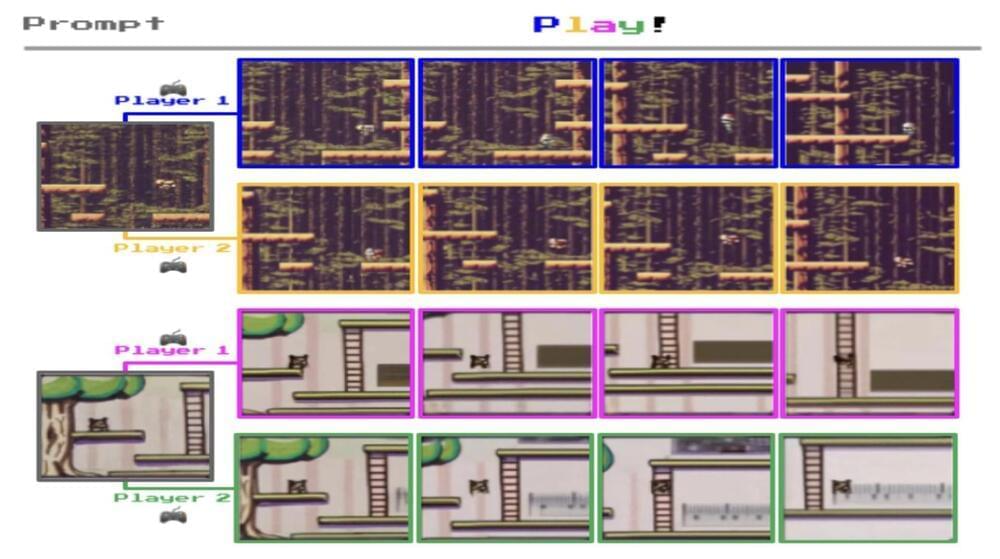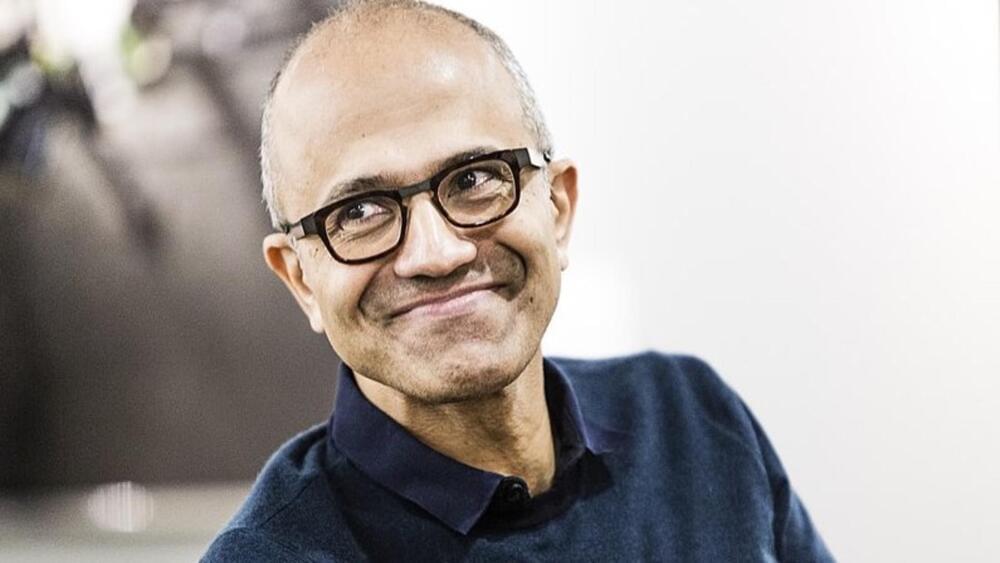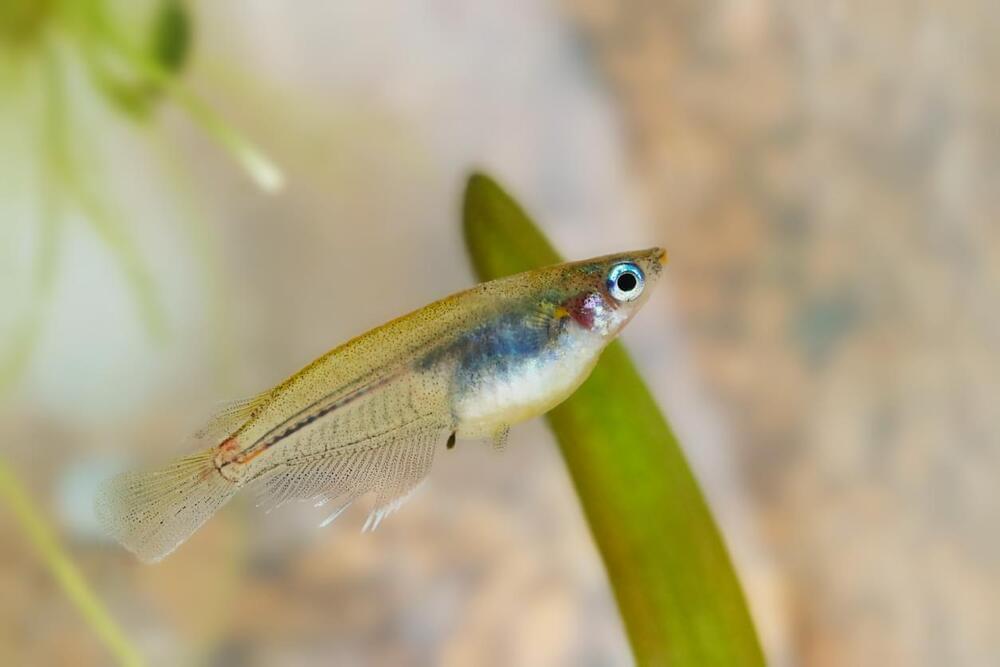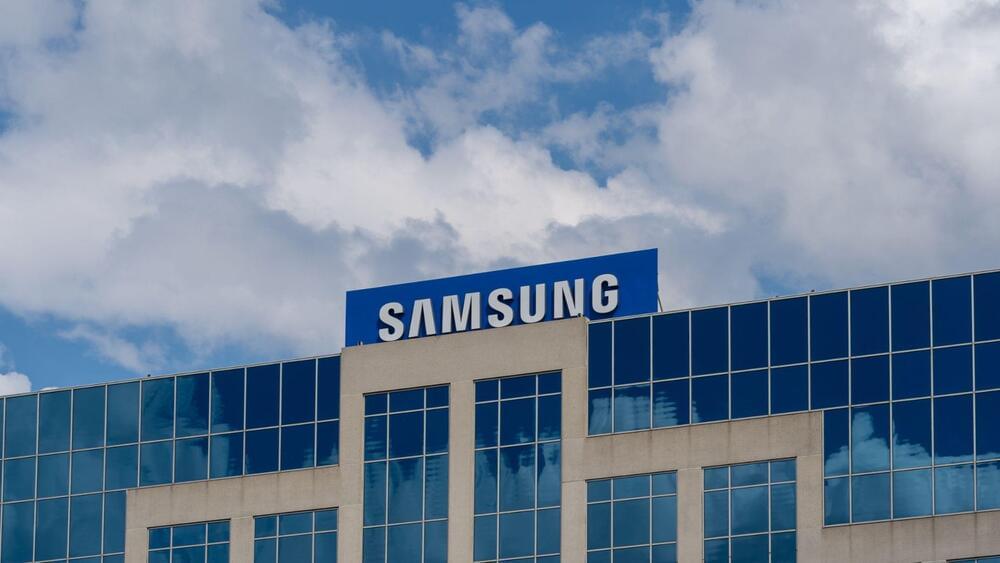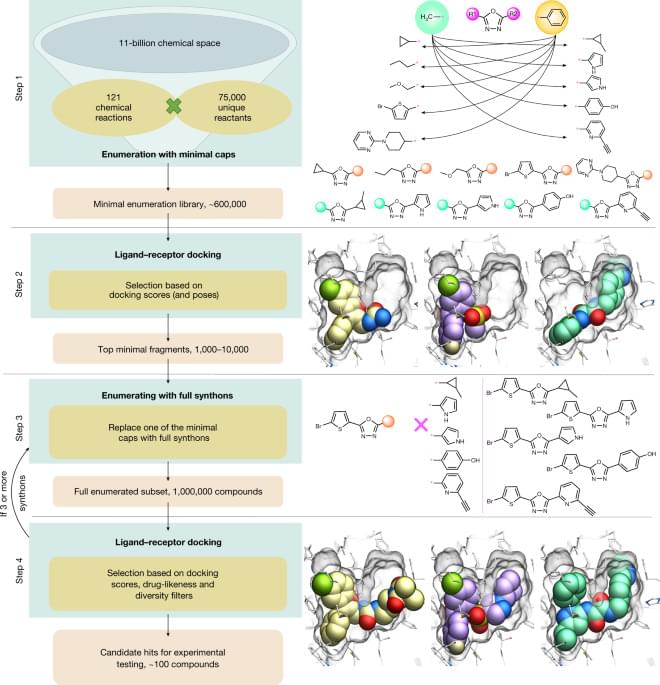The Microsoft-Mistral agreement draws the scrutiny of the European Commission.
Microsoft has inked a multi-year partnership with French startup Mistral AI to make its artificial intelligence (AI) models, like ‘Le Chat,’ available through the Azure cloud computing platform.
Essentially, Microsoft’s investment will be used to purchase equity in Mistral. The valuation of Mistral AI remains the same even after Microsoft’s investment.
This move comes amidst regulatory scrutiny faced by Microsoft in Europe and the US over its significant investment in OpenAI.
And the ink hadn’t even dried on the agreement signed by Microsoft and Mistral AI when it attracted the scrutiny of the European Commission.
